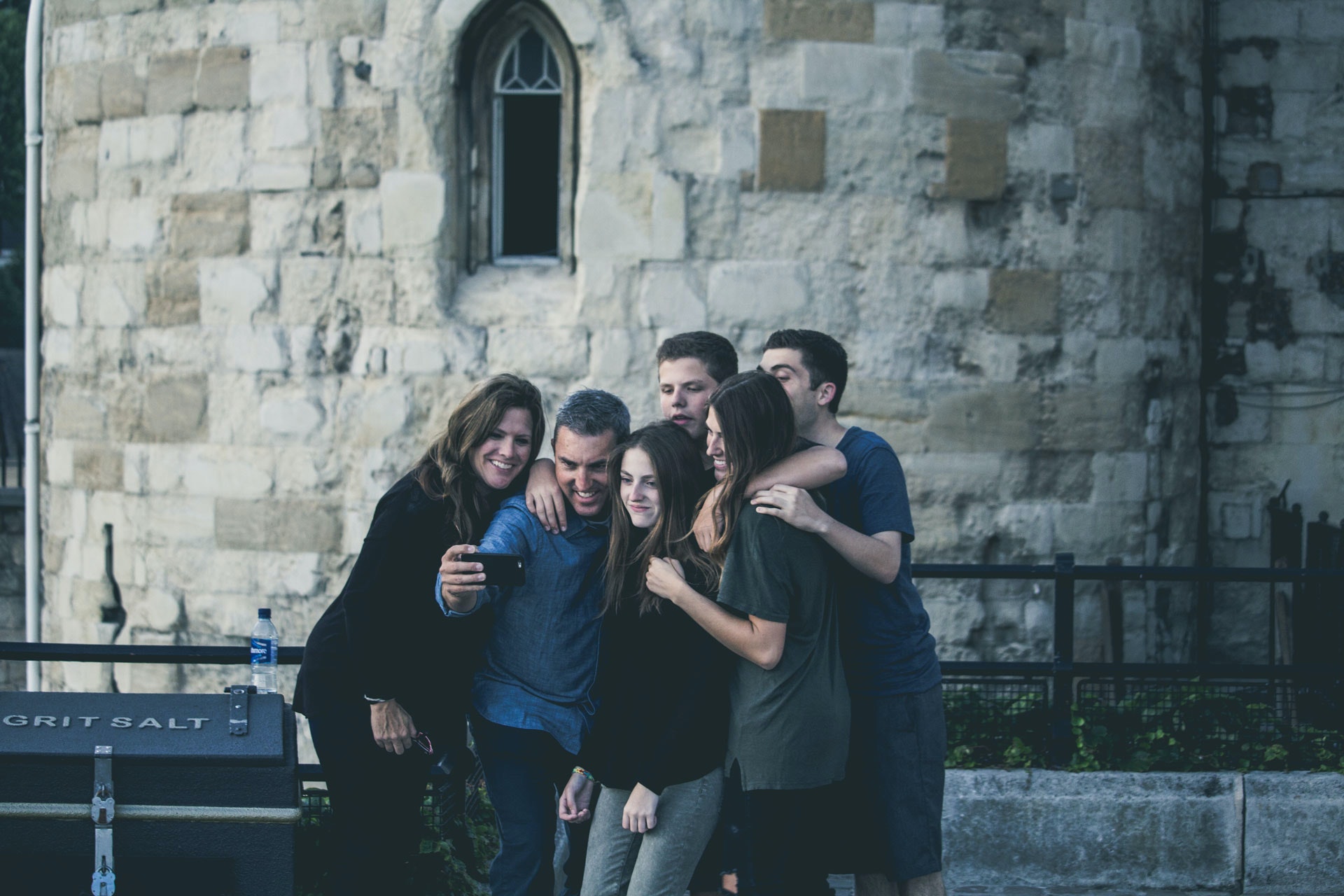Through a 90 day coaching program, Claire set specific goals to reduce his drinking – and ultimately, she actually chose to become sober. By taking action, Claire was able to get her drinking under control and avoid any damage to his career at the airline and avoid a reportable health condition to the FAA.
Continue readingWith Addiction, Short Term Success Doesn’t Guarantee Long Term Recovery
Recovery takes time. A successful plan often involves attending treatment, months of therapy, and a lifetime commitment to change.
Continue readingAfter the Intervention, the Expected Will Happen
Nevertheless, we have to prepare for the days following an intervention. Most of the time, the same thing happens: the person we intervened on will paint me as the enemy.
Continue readingPlan B: Interventions that Don’t End in Treatment
Often, Plan B will only last a few days. Usually after a few more episodes of using, the loved one will reach out and ask for help. A Plan B intervention can also lead to change – it just might take a bit more time.
Continue readingChoosing A Treatment Center: 10 Questions to Ask
It’s so crucial for the recovery process for the individual to find the right treatment center. There can be a vast difference in quality—and price: thirty days of treatment can range from $7,500 to $120,000—and finding the right facility takes research. When you’re doing research on a facility, be sure to ask these questions.
Continue readingWhat to Expect When Your Family Member Checks Into Treatment
The road to get someone into treatment is always difficult. Usually, the family has put an enormous amount of energy into just getting their loved one to the front door of the facility. But what comes after someone checks in?
Continue readingThree Days Before Treatment
In the days following the intervention, the family should expect that the individual will drink or use even more than they were before—sort of a “last hurrah.” This can be very difficult to watch.
Continue readingInterventions and Rehab Placement Services: What’s the Difference?
If the person that needs help is willing to engage and wants to go to treatment, the service that’s best for you will probably be Rehab Placement Services. However, if the affected person is not actively engaged and is unwilling to consider treatment, you may need Intervention Services.
Continue readingThe Intervention is Just the Beginning
After successfully placing a newly recovering person suffering from addiction in a treatment facility after an intervention, your work with Suntra may not be over. To a certain extent, the hard work is still to come. The intervention is just the beginning.
Continue readingTrauma from The Closet: The Formative Years
To cope, I developed a false persona. It wasn’t intentional, it wasn’t fully conscious, but for ten years I lived a painful, false existence. Every morning when I woke up, I woke up in extreme fear of being found out for who I really was. So I quickly put on a mask and lived as my false self.
Continue readingThe Early Treatment Discomfort: It Will Change
After admission to a treatment facility, families can expect “the call” from their loved one asking them to leave treatment.
Continue readingThe First Meeting is the Most Important
I have two sobriety dates that are meaningful to me: the date that I attended my first 12 Step meeting, and the date that I finally committed to living a life of abstinence—a date so important to me that I had it tattooed on the back of my arm.
Continue readingWords of Recovery: Stop the Fight
We can start with the fact that “powerless,” “unmanageable,” and “God” are just words! Those three words don’t make up the entire program.
Continue readingIntervention: Creating a Plan with the Family
Before an intervention, we spend a lot of time with the family discussing plans, including contingency plans. Usually the simple act of putting a plan into place will offer the family a lot of relief.
Continue readingAn Interventionist: Five Reasons to Use One
lcohol. I like to think of coaching as a way to bring recovery into “real life.” Treatment centers and therapy can also be very useful, but recovery coaching is unique in that it focuses on on-the-ground problem solving for the day-to-day.
Continue readingClose to Relapse: As Prescribed by a Doctor
My injuries were so severe that my doctor put me on an opiate painkiller, which I didn’t know much about at the time. Nor did the general population: it was just before the opiate crisis became a national news story.
Continue readingAftercare: Reintegrating the Family
Returning home, after treatment, is where the rubber meets the road in recovery. Most treatment facilities have family programs where clinicians begin working with the family as soon as the patient checks in. This can be key to long-term success, for both the patient and the family.
Continue readingClose To Relapse Several Times
Over the 12 years, I have had many close calls to relapse. Alcohol is always there and it is always easy to grab a drink. However other things, like prescription drugs, have been more tempting to me. Drinking is one thing, but prescriptions seem to be more alluring to me.
Continue readingAfter Treatment: Walking Back Into Real Life
For someone to successfully recover, work needs to be done in his or her daily living situations. This takes time. There is a saying that anyone can stay sober in a treatment facility. Additional time and energy must be spend on recovery on return home.
Continue readingHow Pre-flight Planning and Intervention Are Related
I liken my approach to addiction interventions to that of getting an airplane ready to fly. Just as a pilot must exhaust a list of external factors in order to fly successfully, a successful intervention requires just as much forethought.
Continue reading



















